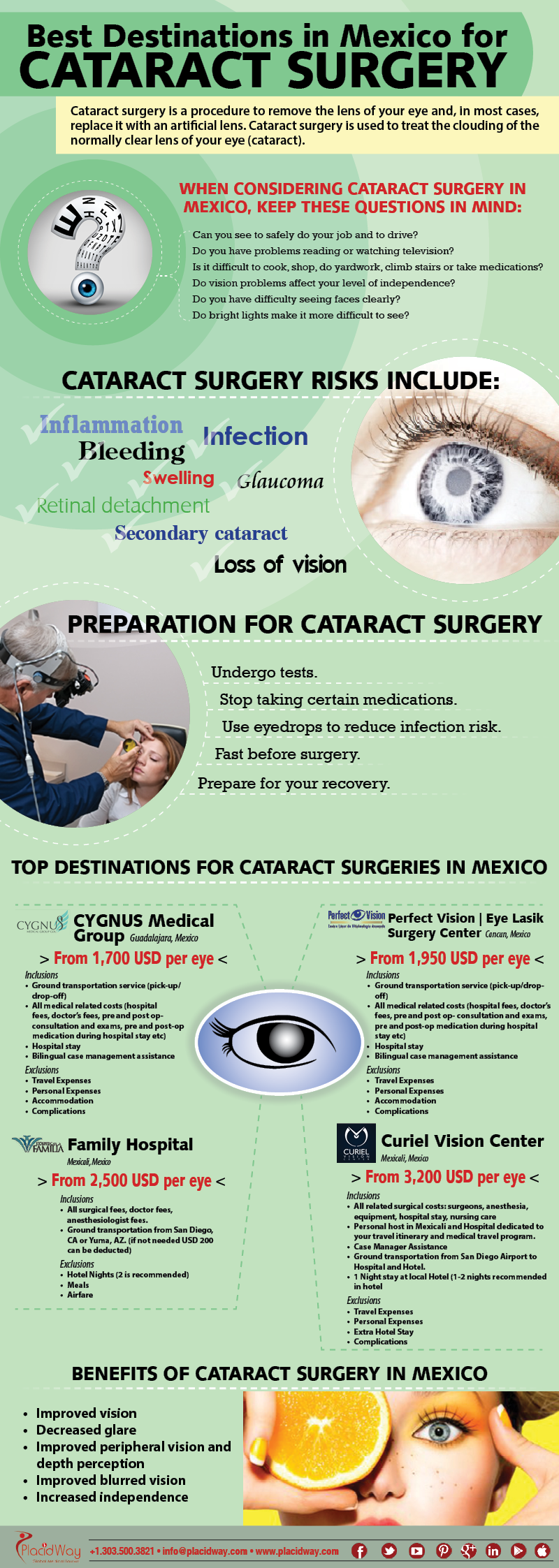The Definitive FAQ On Refractive Lens Exchange: Trick Insights You Must Understand
The Definitive FAQ On Refractive Lens Exchange: Trick Insights You Must Understand
Blog Article
Web Content Create By-Lundqvist Goldstein
If you're considering refractive lens exchange, you possibly have a lot of questions. This procedure might alter just how you see the globe, supplying advantages like decreased dependancy on glasses. Nevertheless, it's important to comprehend the procedure, dangers, and that qualifies as an excellent prospect. Let's explore these critical facets so you can make an educated decision concerning whether RLE is right for you.
What Is Refractive Lens Exchange and Exactly How Does It Work?
Refractive lens exchange (RLE) is a procedure created to change your eye's natural lens with a man-made one, fixing vision issues like nearsightedness, farsightedness, or presbyopia.
Throughout the procedure, your surgeon makes a small laceration in the eye, removes your natural lens, and inserts an intraocular lens (IOL) customized to your vision needs. This outpatient surgical procedure normally takes about 15 to half an hour per eye and is carried out under regional anesthesia.
You'll likely observe improvements in your vision nearly promptly, though total healing might take a few weeks. RLE is specifically advantageous for those over 40 or with high prescriptions, supplying a durable remedy compared to glasses or call lenses.
Your eye treatment expert can help establish if RLE is right for you.
What Are the Conveniences and Risks of Refractive Lens Exchange?
Picking refractive lens exchange can result in substantial improvements in your vision, but it's important to evaluate both the advantages and dangers before deciding.
On the bonus side, this treatment can enhance your vision by remedying issues like presbyopia, myopia, and hyperopia. Numerous clients delight in minimized dependence on glasses or contact lenses, which can significantly boost their lifestyle.
However, it's important to take into consideration prospective threats. Difficulties can consist of infection, glare, or halos around lights.
There's also LASIK Vs Prk Mesa of overcorrection or undercorrection, which may call for additional procedures.
Who Is a Suitable Candidate for Refractive Lens Exchange?
If you're taking into consideration refractive lens exchange, it's important to understand whether you fit the account of an excellent candidate. Generally, you may be a great candidate if you're over 40, experience presbyopia, or have high levels of nearsightedness or farsightedness.
It's also critical that your vision is stable, indicating your prescription hasn't changed significantly in the past year. If you have cataracts or various other eye problems, you could gain from this procedure also.
However, specific aspects, like unrestrained diabetes mellitus or autoimmune conditions, can invalidate you. To identify your candidateship, talk to an eye care expert who can review your certain scenario and suggest the best strategy customized to your requirements.
Verdict
Finally, refractive lens exchange can be a transformative alternative for boosting your vision, especially if you're over 40 or have a high prescription. While straight from the source are substantial, it's critical to weigh the dangers and consult with your eye care expert to figure out if you're a suitable candidate. With the appropriate details and advice, you can make an informed decision and potentially enjoy a life with reduced dependence on glasses.
